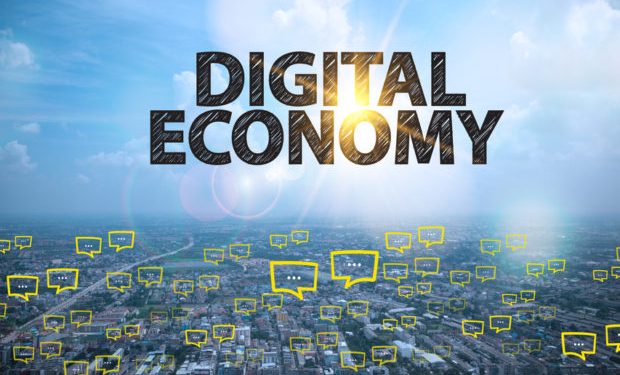The World Bank has said that despite devastation brought about by the global COVID-19 pandemic, many Africa countries have been spared due to their shift to the digital economy.
The World Bank Africa’s Pulse Report, Vol 22 of October 2020 mentions that if there is a silver lining in the global pandemic, it is the increased awareness and importance of digital commerce.
This report, which is an analysis of issues shaping Africa’s economic future, notes that use of digital business solutions is improving the productivity of Sub-Saharan African firms, creating skilled and unskilled jobs, and increasing household welfare.
However, the World Bank Report says several challenges curtail this ongoing digital revolution.
Reforms to address digital infrastructure gaps, affordability of devices and services, and digital literacy are critical to expand access to digital technologies and reduce the digital divide across gender, firm size, and urban-rural areas.
The regulatory environment needs to provide the right incentives for fast digital technology adoption and more competition among mobile operators, including actions to attain affordable universal access to high-quality communications services, support of critical services, and high network resilience (cybersecurity).
Digital skills, which rest on foundational human capital, are linked to better opportunities and will be crucial to prevent the exclusion of already marginalized segments of the population from the benefits of connectivity.
The World Bank report in its outlook said Sub-Sahara Africa is expected to experience a modest rebound in 2021.
It notes that while the outlook remains uncertain, economic activity begun to rebound in the third quarter of 2020 as the spread of COVID-19 started to abate and containment measures were progressively lifted.
However, the Bank says this recovery has been modest and uneven across countries. Household spending on services remained subdued, and industrial production slowed, and international trade remained weak, delaying the pickup in manufacturing production.
Sub-Saharan Africa’s real GDP is projected to pick up to 2.1% in 2021, which is below the 2.4 % achieved in 2019 and below population growth.
Lower domestic consumption and investment, due to the pandemic and related containment measures, pushed the regional economy into recession.
On the supply side, massive contractions in the service and industrial sectors supported the downturn.
Baseline projections assume that new COVID-19 cases will continue to slow across the region, government policy responses will boost business and consumer confidence, the global economy will continue to rebound, and commodity prices will remain stable.
Under these assumptions, GDP could rise to 3.2 per cent in 2022. East and Southern Africa are expected to experience a slightly stronger pickup in activity, with growth projected to average 2.7 per cent in 2021, compared with 1.3 per cent in West and Central Africa.
This partly reflects the rebound in South Africa and Angola, as strict containment measures are relaxed, and a gradual strengthening of activity among East African countries, including Kenya and Rwanda.
In West and Central Africa, slower growth among oil exporters, notably Nigeria, will partially offset a rebound in the rest of the sub-region.
Excluding Nigeria, growth in West and Central Africa is projected to rise to 3.0 percent in 2021, reflecting a more robust rebound among metals exporters and non-resource-intensive countries, including Côte d’Ivoire and Niger, as policy uncertainty declines.
ALSO READ:Sub-Saharan Africa GDP Growth to Rebound in 2021-World Bank




